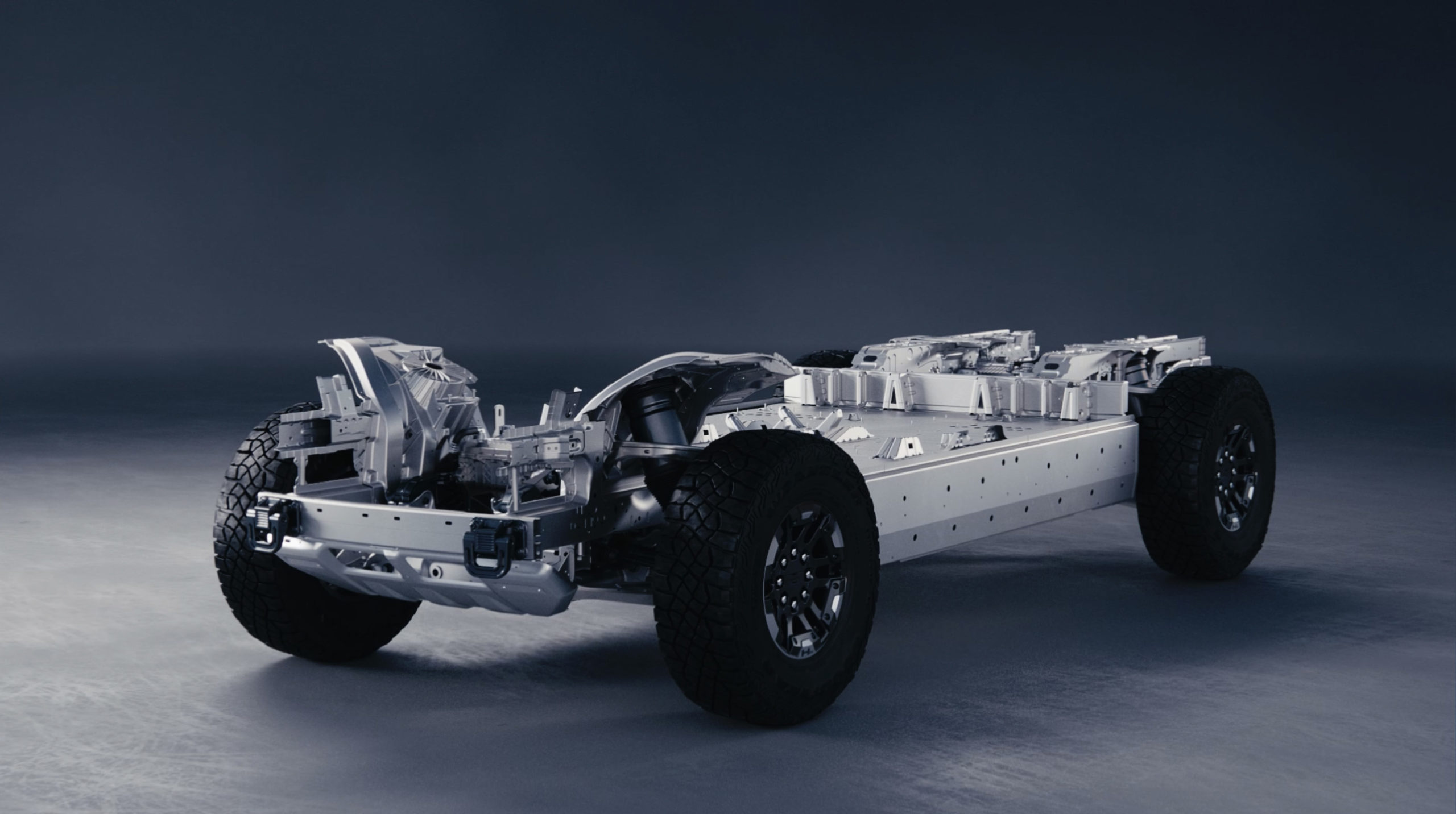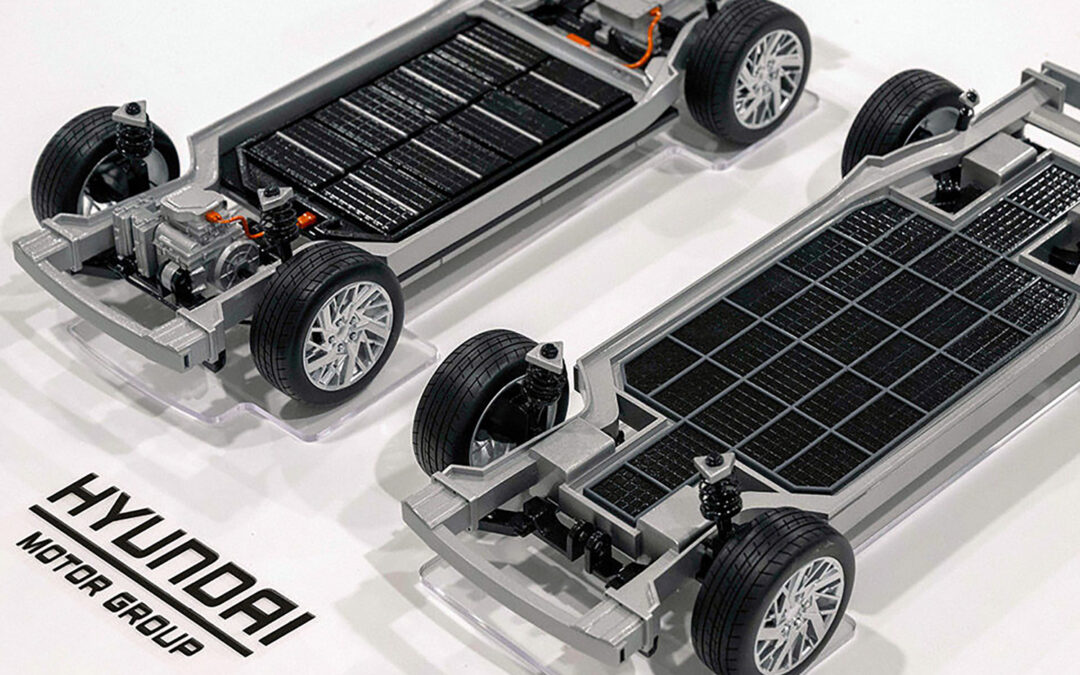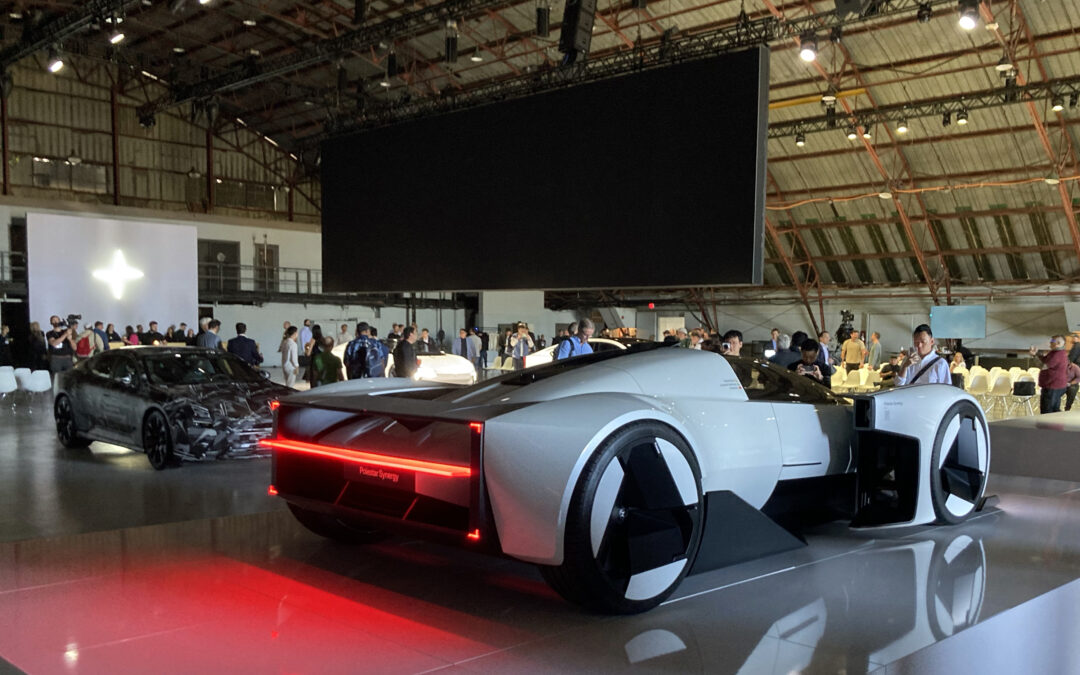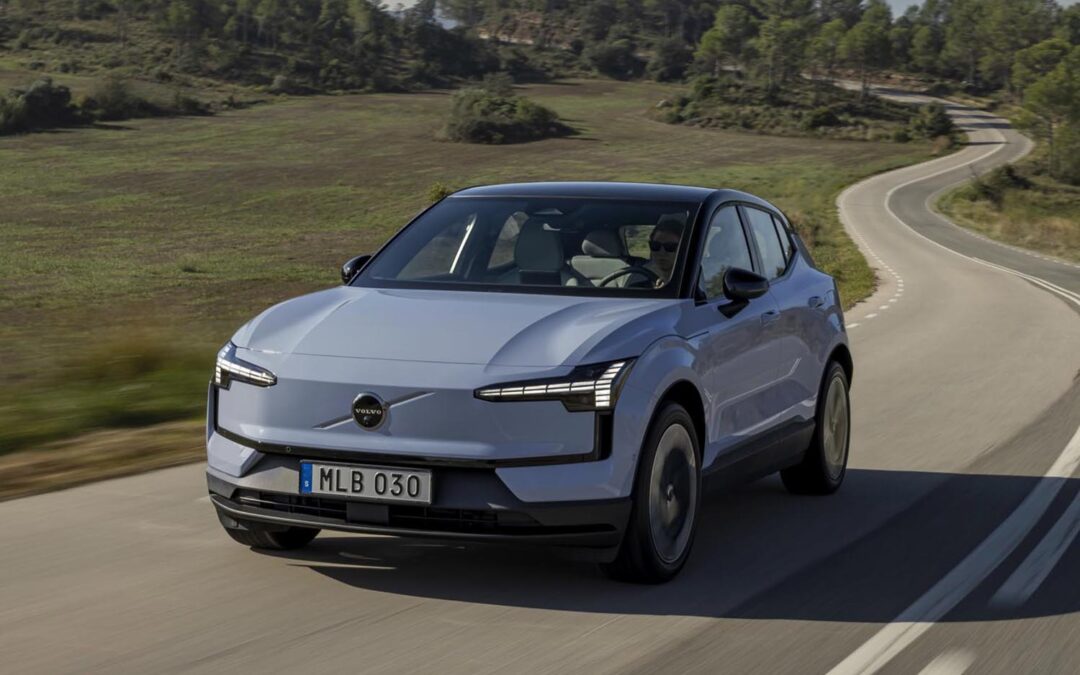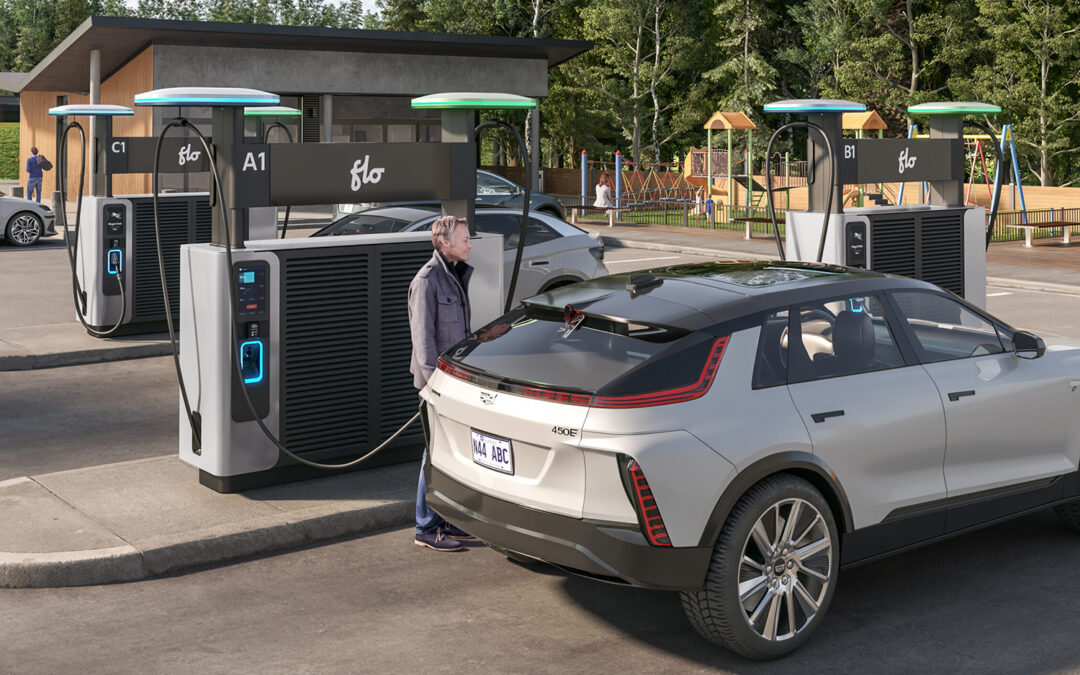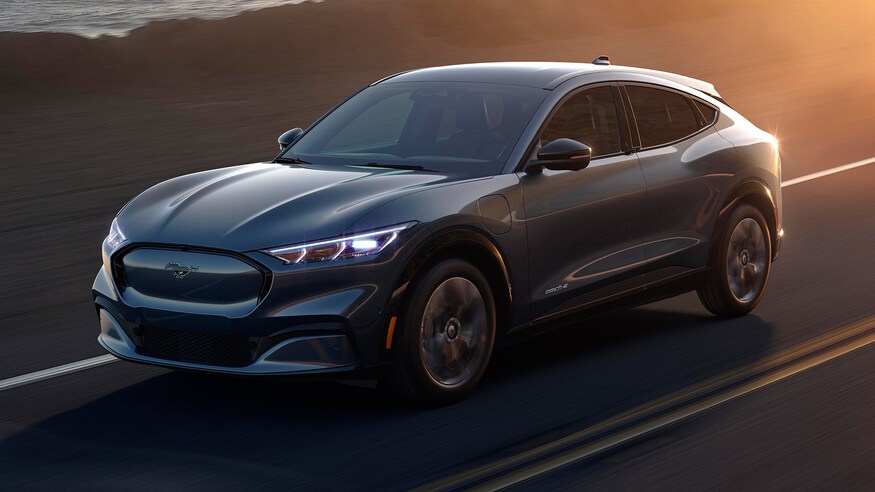A survey from Seattle-based Recurrent, an independent reporter on EVs, has found that electric vehicle battery life could easily exceed the expectations of new and/or prospective EV owners, and that full battery replacements are actually quite rare.
A survey of 15,000 EV owners in Recurrent’s online ‘community’ – based across 50 states in the US and tracking their batteries for free via the company’s app – found that only 1.5 per cent of the EVs poled had their batteries replaced in their entirety, not counting official factory recalls.
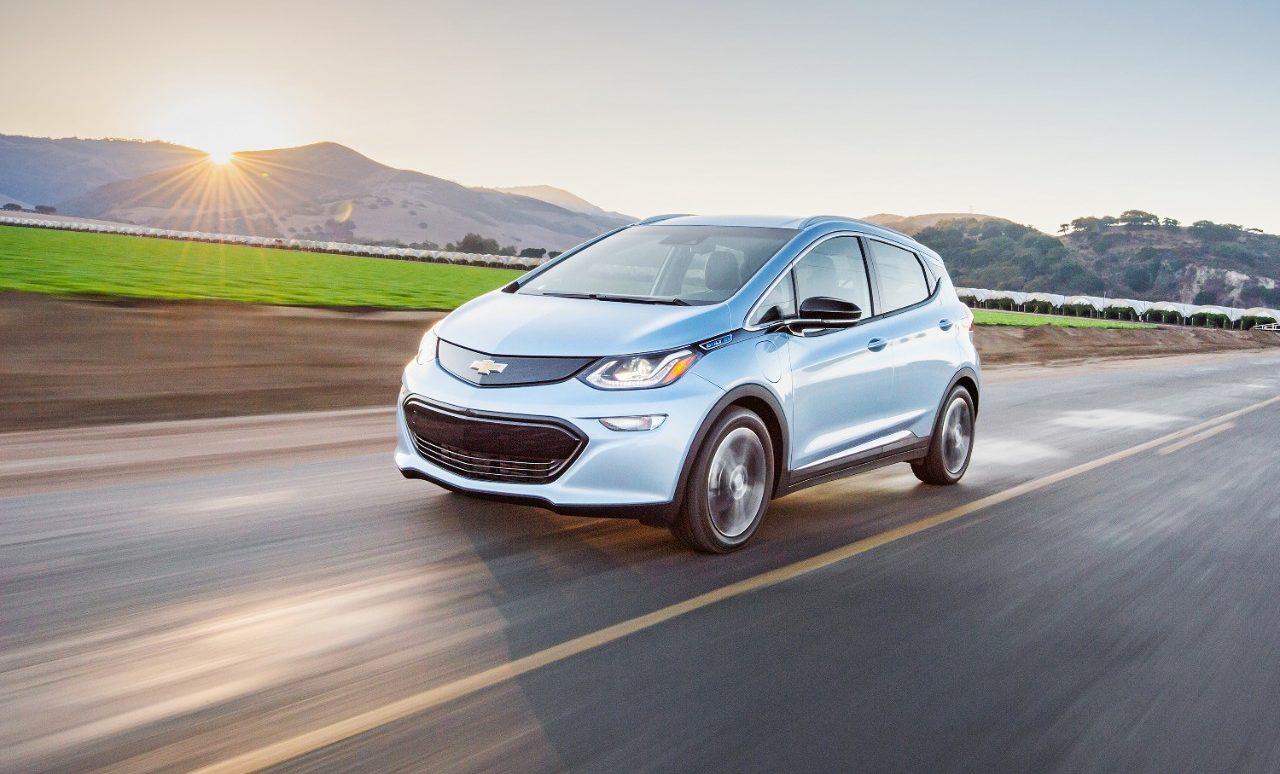
2017 Chevrolet Bolt
The Chevrolet Bolt EV and the electric Hyundai Kona were the most frequent models to receive an owner-reported battery replacement in the community, with 34 per cent and just over 25 per cent respectively (just under five per cent of Chevy Bolt EUV owners also confirmed a full-battery replacement). Tellingly however, all three of these results were skewed as a result of official, manufacturer recalls to remedy battery pack flaws, a significant reason why Recurrent’s team of software engineers and battery scientists also found that 2017 and 2019 model years – the recall periods for the Bolt and Kona respectively – were among the highest for battery replacements.
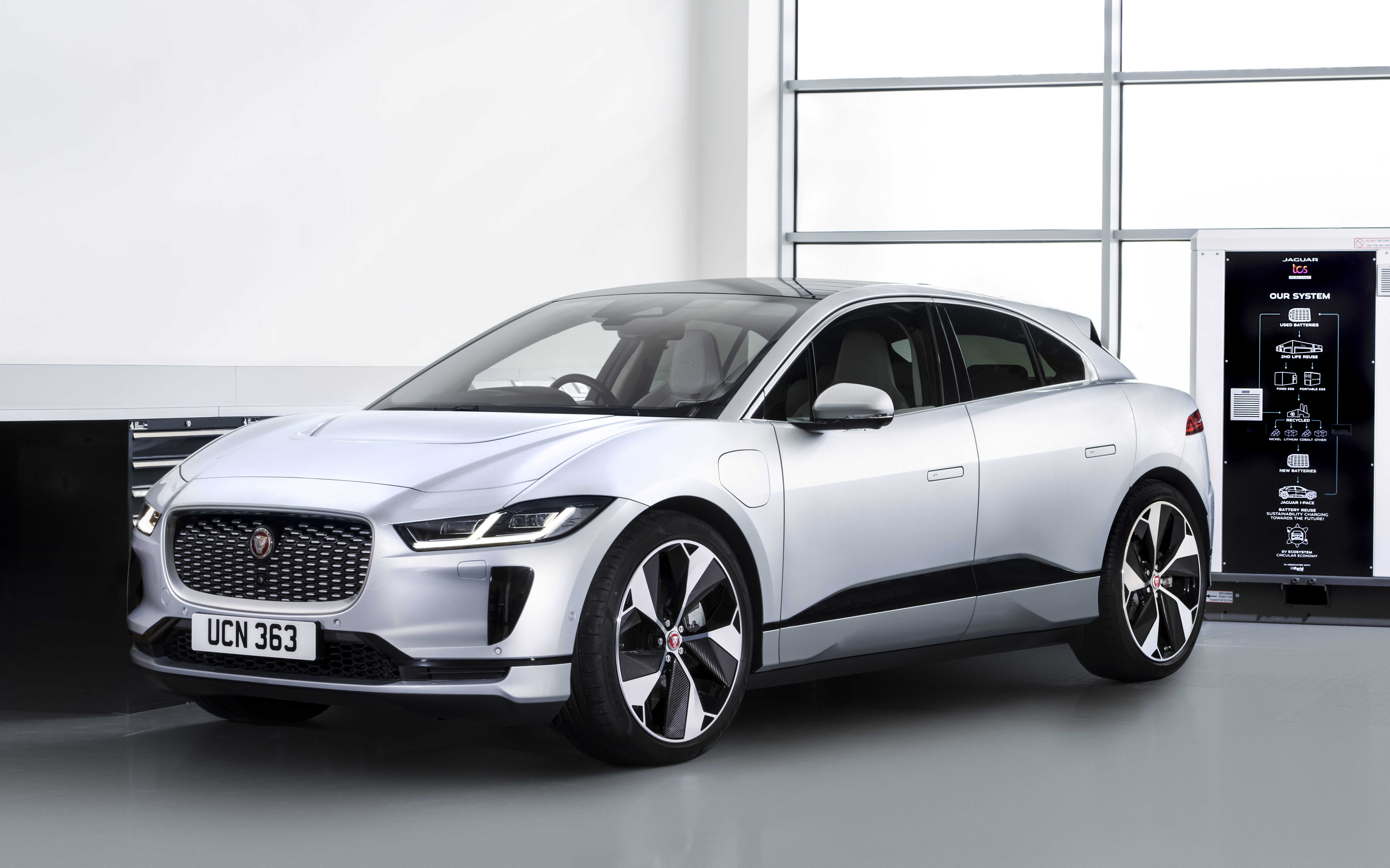
Jaguar I-Pace
Discounting official recalls means the Nissan Leaf and the Tesla Model S technically received the most battery replacements, both of which crossed the post around the more representative 5 per cent mark. Even this is somewhat to be expected, given that sales for the Leaf and Model S began more than a decade ago in 2011 and 2012 respectively, compared with the newer, and thus lower-scoring Jaguar I-PACE (2018, 2 per cent) for example. This also helps explain why 2011MY examples were among the most-likely to receive full battery replacements, second only to the aforementioned 2017MY.
While, on the surface, this might suggest that EV batteries could, on average, begin to fail after just over a decade, further research from Recurrent found that, while new and older EVs alike did see an initial drop in electric range after a full charge, this did begin to plateau the further into the life cycle a battery went. The estimated 250-mile range (around 402 km) of Nissan Leafs equipped with a 62 kWh battery, for example, had dropped closer to 225 miles (362 km) after the first 20,000 miles, but thereafter, this had stayed consistent all the way through to 80,000 miles.
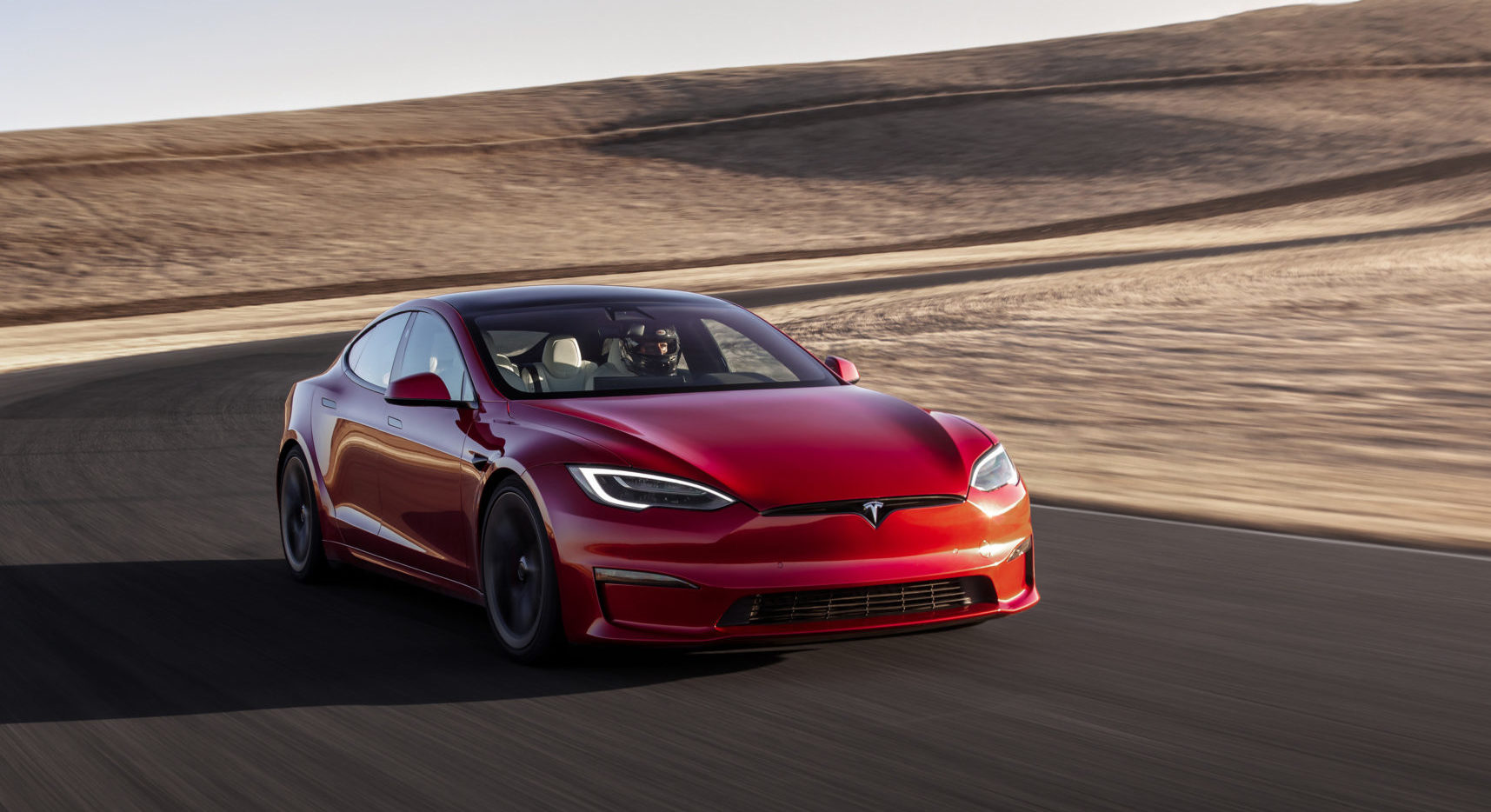
Tesla Model S Plaid
Similarly, the range of a 100kWh Tesla Model S had dropped significantly from just over 400 miles (approx. 643 km) to less than 350 miles (563 km) after the first 40,000 miles, and though this had continued to drop on the approach to 100,000 miles covered, the degradation had at least slowed to around 325 miles of range (523 km).
Recurrent goes over several more models in the full survey, including the Hyundai Ioniq 5 and the Ford Mustang Mach-E, to explore how recent battery cell development could quash this degradation.
Pricing was also considered, given that battery range, replacement and maintenance are among the most crucial talking points for new and prospective EV owners alike. While new batteries could cost anywhere between $5,000 and $20,000 based on recent industry estimates, interestingly, Recurrent’s survey, which considered standard manufacturer-warranties across nearly two dozen brands, found that many battery replacements could be covered under warranty, depending on age and mileage. Chevrolet, for example, covers “electric propulsion components” across the first eight years / 100,000 miles, with both BMW and Volkswagen guaranteeing a confident 70 per cent capacity across the same period.
Though the survey is only a small representation of the EVs currently owned in the US at present – last year, more than 750,000 new EVs were registered in the States alone – and while Recurrent’s survey works with averages rather than a breakdown of the numbers of individual vehicles poled, the survey will, hopefully at least, placate fears that most EV batteries will be dead and done within the first five or 10 years of ownership.
